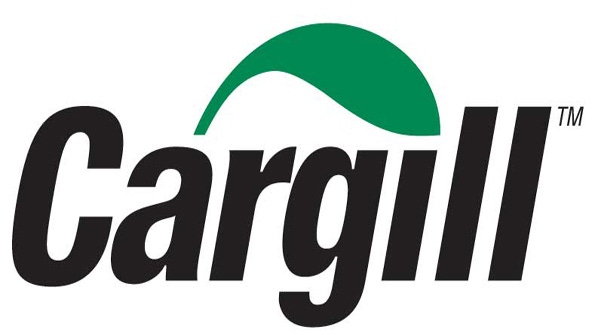Company CEO urges collaboration as industry poised to fall short of 2020 commitment to eliminate deforestation.

Cargill chief executive officer Dave MacLennan announced this week that the company is committing $30 million in seed funding to find solutions to protect forests and native vegetation in Brazil, urgently calling on the industry – competitors, customers and others – to help accelerate the progress.
“We will convene the best and brightest minds to identify innovative solutions to end deforestation, starting with the soy industry in Brazil,” he noted. “It will take collective action to solve this problem, not merely shift it to another company’s supply chain. Cargill is a large company, and on our own, we can drive change. Working with others, we can transform our industry, and in doing so, we can create a socially responsible, environmentally sound and economically viable supply chain that works for everyone. Together we can, … and together we will.”
Nearly five years ago, at the U.N. Climate Summit, MacLennan signed the New York Declaration on Forests. In doing so, he pledged that Cargill would do its part to slow, halt and reverse global forest loss while enhancing food security for all.
“It’s a commitment that we continue to stand behind. Since 2014, we’ve developed new policies and action plans, joined coalitions and aligned with thoughtful partners," MacLennan said. "Together, we are taking action – such as implementing meaningful programs to source cocoa in the Ivory Coast, advance sustainable palm oil practices in Indonesia and support more sustainable soy production in Brazil.”
Despite the collective efforts, MacLennan said the industry is poised to fall short of a 2020 goal to eliminate deforestation in key supply chains, including beef, soy and palm oil. “That is hard for me to admit, but it is not a reason to stop taking critical action,” he said.
“Our company, industry and organizations around the world need to do more. We need to move faster, and we need to act together,” MacLennan added.
The solutions, according to MacLennan, must end deforestation in a way that protects forests and native vegetation while simultaneously allowing farmers and communities to prosper. The most critical area is the Cerrado region of Brazil, he said, explaining, “The Cerrado is home to millions of people, and agriculture is a critical component of the local economy. The region also supports a vast range of plant and animal biodiversity, which must be protected.”
MacLennan emphasized that if Cargill alone takes action, the same practices that exist today will continue.
“We believe more must be done. Industry, local communities and governments must find and agree upon a shared solution. The food and agriculture industry understands the power of innovation to accelerate positive solutions at scale. It’s our shared responsibility to protect the planet and ensure local communities have equal opportunities to thrive.”
About the Author(s)
You May Also Like


.png?width=300&auto=webp&quality=80&disable=upscale)
.png?width=300&auto=webp&quality=80&disable=upscale)

